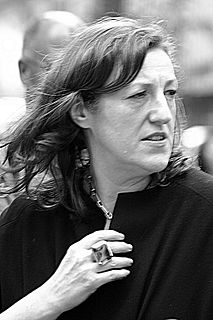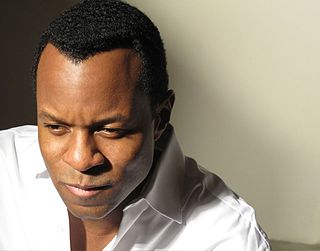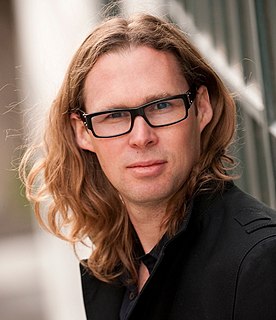A Quote by Barton Gellman
I don't say I never use Facebook, but I often think about closing my account.
Related Quotes
I really have to thank Facebook ... I didn't know what Facebook was, and now that I do know what it is, I have to say, it sounds like a huge waste of time. I would never say the people on it are losers, but that's only because I'm polite. People say 'But Betty, Facebook is a great way to connect with old friends.' Well at my age, if I wanna connect with old friends, I need a Ouija Board. Needless to say, we didn't have Facebook when I was growing up. We had phonebook, but you wouldn't waste an afternoon with it.
It all stems from the same thing - which is that when we are face to face - and this is what I think is so ironic about Facebook being called Facebook, because we are not face to face on Facebook ... when we are face to face, we are inhibited by the presence of the other. We are inhibited from aggression by the presence of another face, another person. We're aware that we're with a human being. On the Internet, we are disinhibited from taking into full account that we are in the presence of another human being.
I am thinking of actual cases of adolescents, lets say, who think they have five hundred friends, because there are five hundred people on their Facebook account. But these are the kind of friends whose relation to you is that if you say 'I bought a sandwich'; they say 'did it taste good?' You know, that's a kind of interaction, but very different to having a real friend, somebody who you can actually talk to.
When I see a movie, the music often gets in the way for me. It's something that, say, for myself and Claire, we never, ever speak about. We never speak about describing emotion. I think it's about color and movement. And I think it's important to let the images be the melody, as well, a lot of the time - to create a kind of a backing for that, to let it sing.
Never use a metaphor, simile, or other figure of speech which you are used to seeing in print. Never use a long word where a short one will do. If it is possible to cut a word out always cut it out. Never use the passive voice where you can use the active. Never use a foreign phrase a scientific word or a jargon word if you can think of an everyday English equivalent. Break any of these rules sooner than say anything outright barbarous.

































